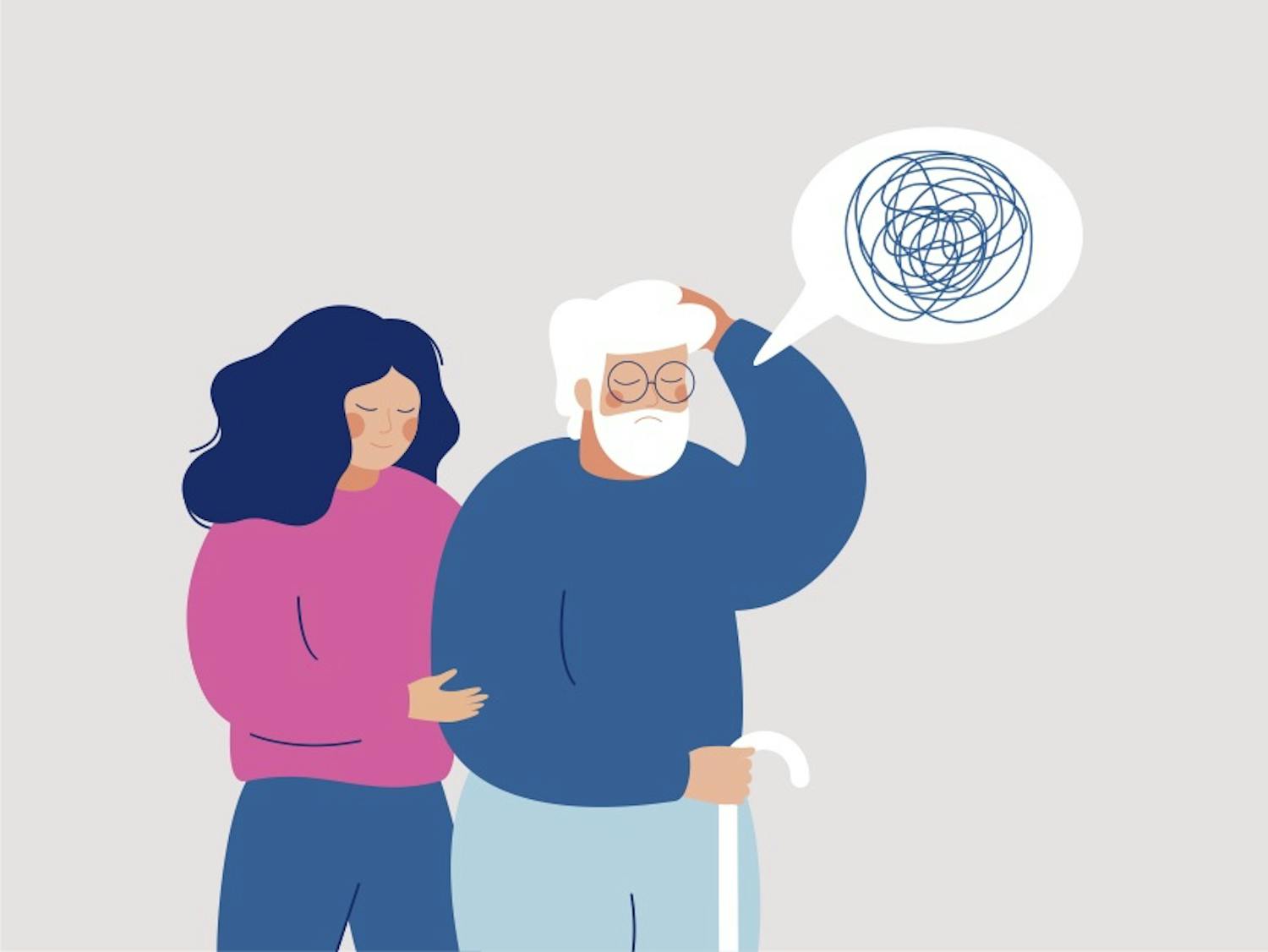What are romance scams and who falls victim to them?
Social media platforms and dating apps like Facebook and Tinder make it easier to meet new people. However, it’s important to remember that when communicating with someone online, they may not be who they claim to be.
- Romance scam is when someone forms a romantic or friendship connection with you under false pretences to steal your money or personal information.
- Unlike most online scams, romance scammers are willing to invest significant time in convincing you to trust them before asking for money or information.
- Anyone can fall victim to romance scams, but the primary targets are men in their 60s and 70s.







